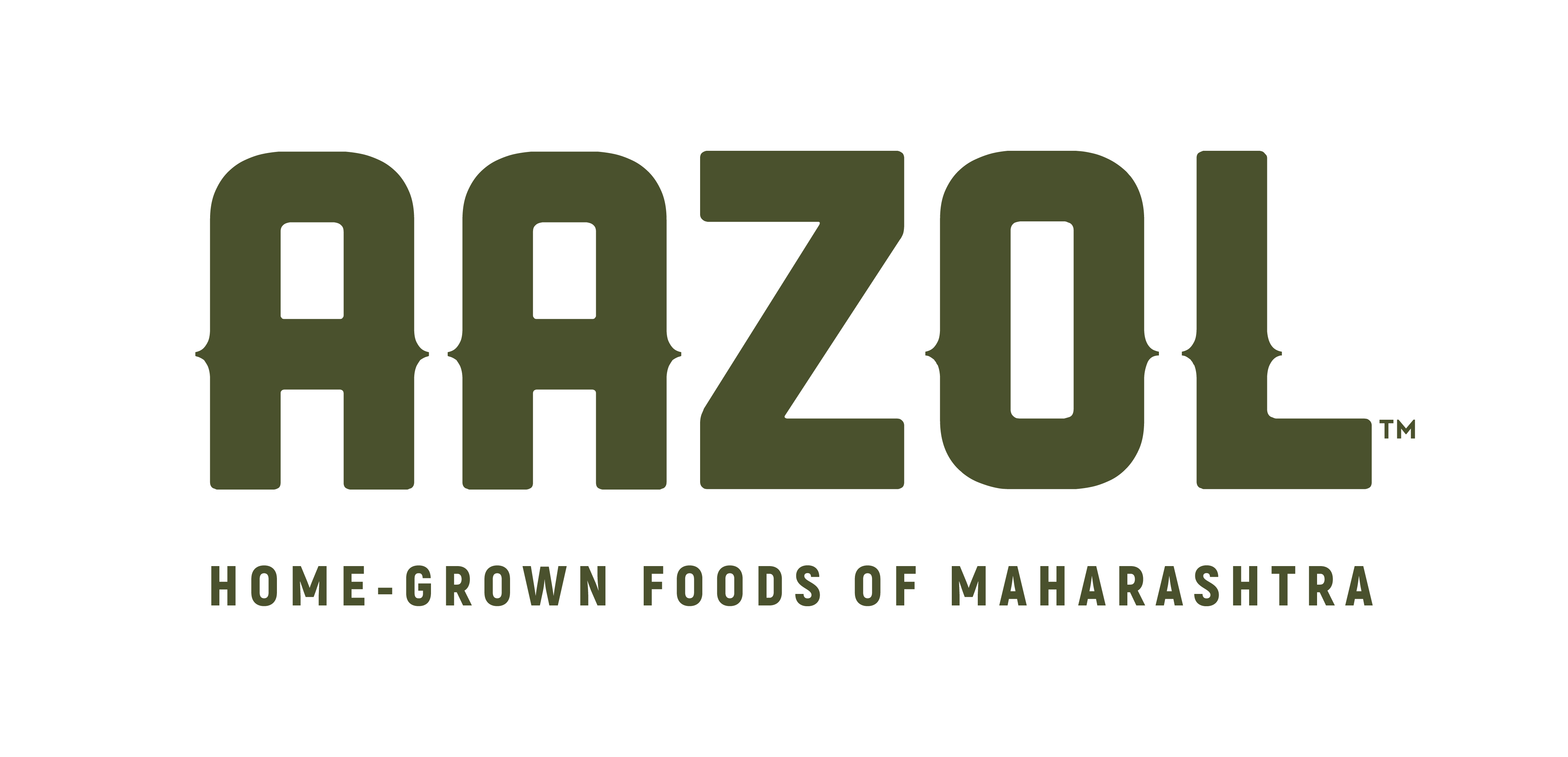Ghee
Is it good to eat Ghee daily?
Incorporating ghee into your daily diet can offer various health benefits, thanks to its rich nutritional profile. However, it's important to consume it in moderation. While the healthy fats in ghee can support overall well-being, excessive intake may lead to unwanted weight gain.
Does ghee have side effects?
Ghee offers numerous health benefits but overconsumption can lead to side effects such as weight gain and increased cholesterol levels. It is essential to consume ghee in moderation to avoid any side effects.
How many spoons of Ghee per day?
The recommended daily intake of ghee varies depending on individual dietary needs and overall calorie intake. As a rough guideline, enjoying 1-2 tablespoons of ghee per day as part of a balanced diet is considered reasonable. However, it's essential to listen to your body's cues and adjust your intake accordingly
Is Ghee good or bad fat?
Ghee stands out as a nutrient-rich source, abundant in vitamins, antioxidants, and beneficial fats. While it's important to consume fats in moderation, research suggests that incorporating fatty foods like ghee in your diet may aid in the absorption of vital vitamins and minerals by the body.
Does Ghee increase cholesterol?
Ghee contains cholesterol, yet its impact on blood cholesterol levels is generally minimal when consumed responsibly. In moderate amounts, ghee can be part of a heart-healthy diet.
Is it ok to eat ghee everyday?
Yes, Ghee can be consumed everyday but it's essential to consider individual dietary preferences and any underlying health conditions. Consulting with a healthcare professional can provide personalised guidance on incorporating ghee into your daily routine.
Who cannot digest Ghee?
Individuals with milk allergies or severe lactose intolerance may struggle to digest ghee due to its milk protein content, potentially leading to symptoms like digestive issues or allergic reactions.
Which vitamin is in Ghee?
Ghee is abundant in fat-soluble vitamins like vitamin A, vital for vision, immune function, and skin health. It also contains traces of vitamin E and vitamin K2
Does Ghee contain B12?
No, Ghee does not contain B12.
Is Ghee good for weight loss?
Yes,despite being calorie-dense, including ghee in a balanced diet can aid weight loss efforts. Its healthy fats keep you feeling full, reducing cravings and maintaining energy levels. When used moderately, ghee can be a helpful addition to a weight management plan.
Is Ghee good for diabetes?
Ghee may benefit individuals with diabetes by aiding digestion, supporting insulin synthesis, and helping regulate blood sugar levels. However, individuals with diabetes should consume ghee in moderation.
Is Ghee good for skin?
Ghee is rich in antioxidants and essential fatty acids, making it beneficial for skin health. It can moisturise the skin, improve skin texture, and promote a healthy glow.

